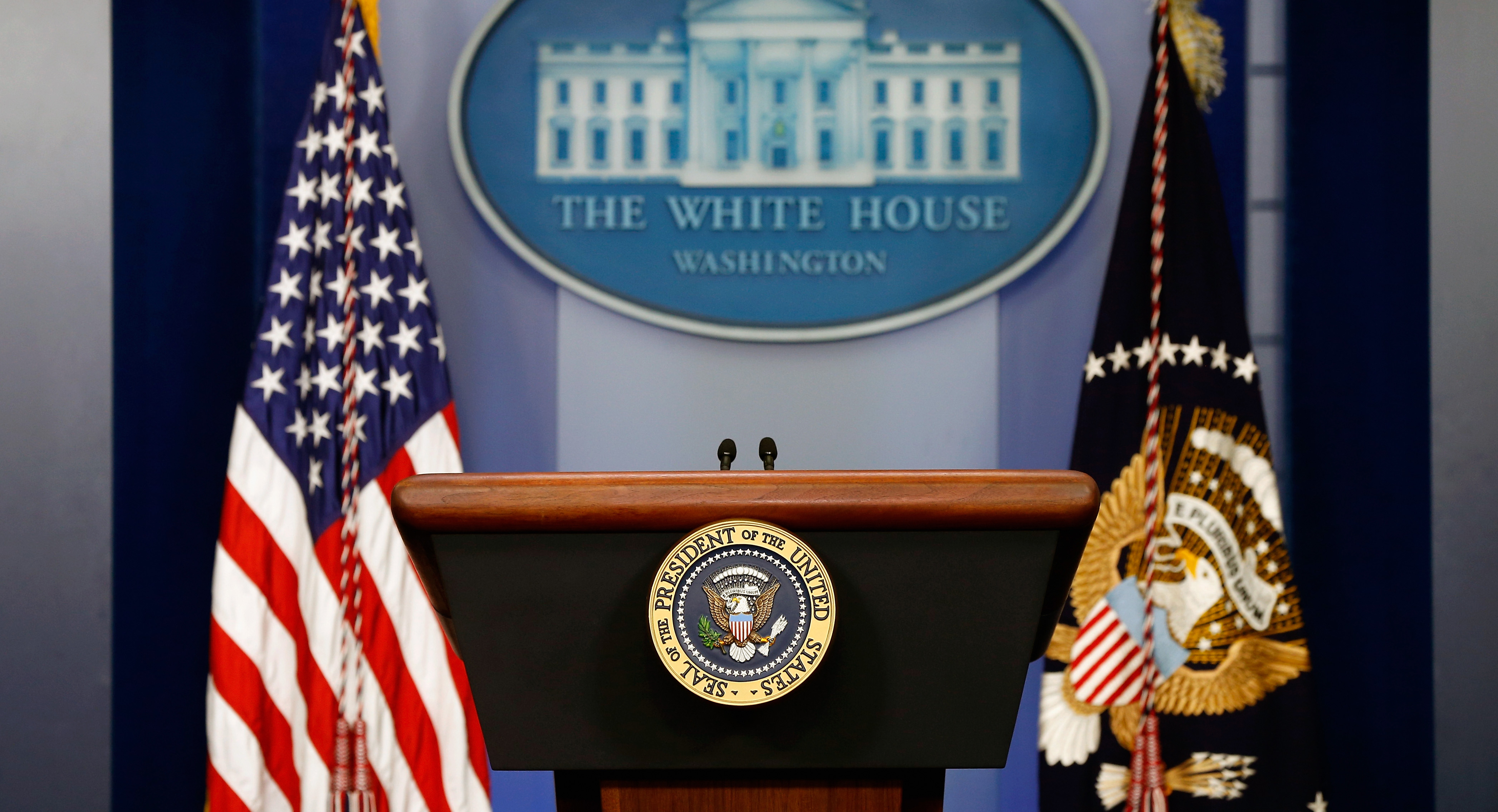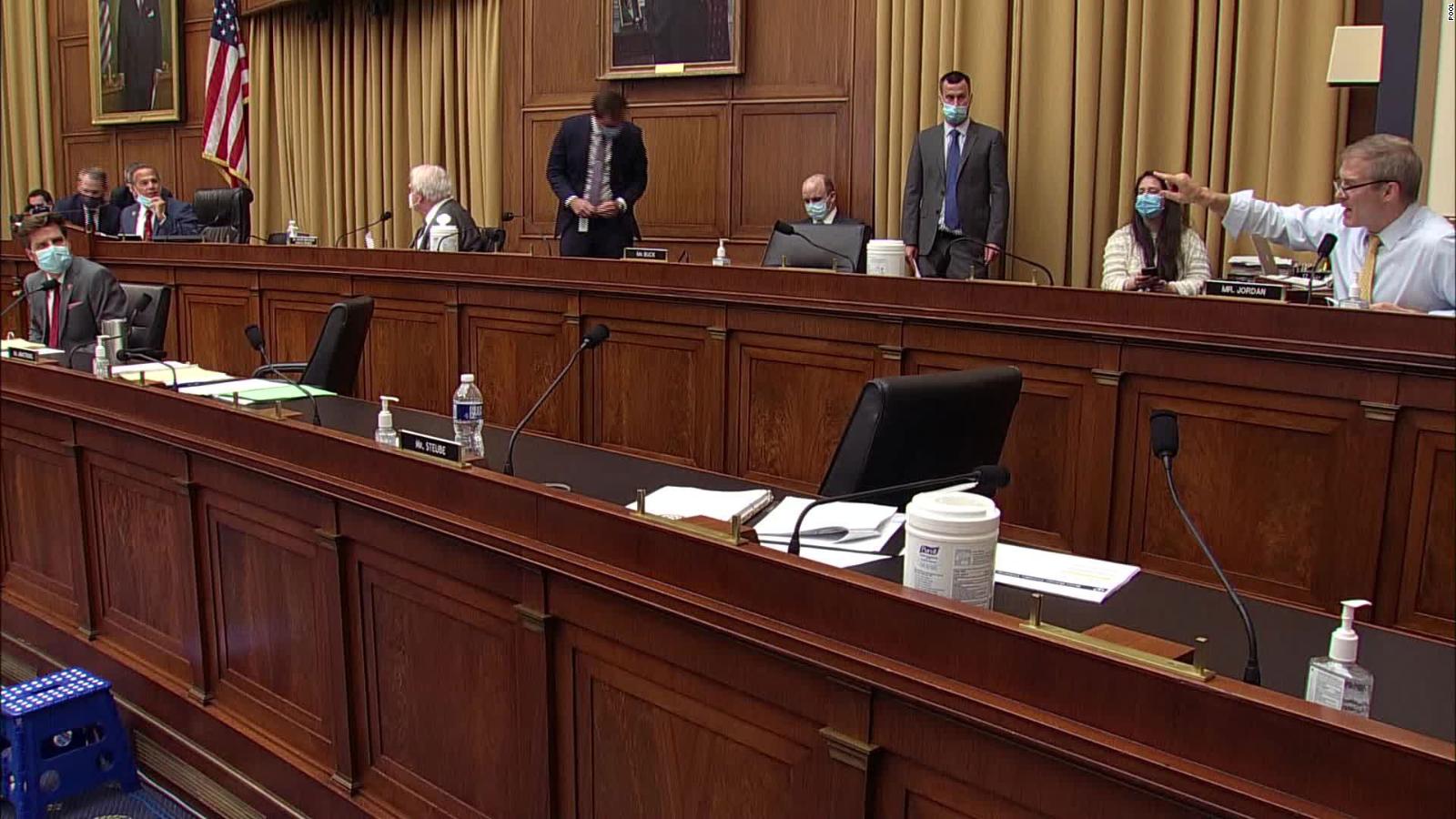The global economy is on the brink of a transformative reboot, one that threatens to erase decades of progress in civil rights and social justice. As the world grapples with the fallout of Trump’s economic policies, we find ourselves at a critical juncture where the past is being weaponized against our future.
Economic Nationalism Is Gaining Ground
The rise of economic nationalism represents a drastic shift in the global economic landscape. With the echoes of past economic mismanagement haunting us, we must recognize that this is not a fleeting trend but a seismic shift in how we perceive the economy and its purpose. As Dani Rodrik highlights, the fallout from globalization has directly fueled populist sentiments across Western nations. The disillusionment of the working class, particularly among low-income communities and people of color, has driven a wedge between them and the establishment.
Populism Hiding in Plain Sight
Donald Trump’s rise to power was not merely a reaction to economic policies but a symptom of a deeper malaise within our society. His administration"s focus on tariffs and the glorification of manufacturing jobs harkens back to a bygone era, disregarding the realities of automation and a globalized workforce. This approach not only ignores the needs of the modern economy but risks plunging us back into a regressive economic model that prioritizes a select few while marginalizing the most vulnerable.

Daily White House press briefing to stay in the West Wing ...
Labor and Gender Roles Are Under Siege
The implications of this economic shift are dire. Trump’s vision for America prioritizes a return to a 1950s-style labor market that pushes women back into traditional roles and limits opportunities for immigrant labor. This retrogressive vision is not just a nostalgic fantasy; it threatens to dismantle hard-won civil rights gains. The push for a predominantly male workforce in carbon-heavy industries ignores the contributions of women and marginalized communities, effectively erasing their voices from the economic narrative.
Neoliberalism"s Legacy Is Being Rewritten
The neoliberal policies that dominated the late 20th century are now being rewritten to serve the interests of a narrow elite. The consequences are evident: rising inequality, declining wages, and a growing debt burden that threatens future generations. As reported by Budget.house.gov, consumer confidence has plummeted, and economic opportunities are evaporating. This is not just a financial crisis but a crisis of social justice.

The curse of the US vice presidency and legendary congressional hearing ...
The Left Must Forge a New Path
As we stand at this crossroads, the left must emerge with a clear vision for a new economic order. The current Democratic leadership risks losing ground by clinging to an outdated model of governance. The potential coalition championed by figures like Alexandria Ocasio-Cortez and Bernie Sanders seeks to address the grievances of those left behind by neoliberalism. However, it remains to be seen if this left-wing populism can attract the disillusioned voters who have turned to Trump’s regressive policies.
Time is running out. The right’s regressive modernization is not just a temporary setback but a possible permanent alteration of our socio-economic landscape. If the left fails to propose an alternative that resonates with the economic realities of today, we may find ourselves trapped in a cycle of disillusionment and regression, as the promises of a more equitable future slip further from our grasp.







![[Video] Gunfire between Iraqi security forces and Sadr militias in Baghdad](/_next/image?url=%2Fapi%2Fimage%2Fthumbnails%2Fthumbnail-1768343508874-4redb-thumbnail.jpg&w=3840&q=75)
